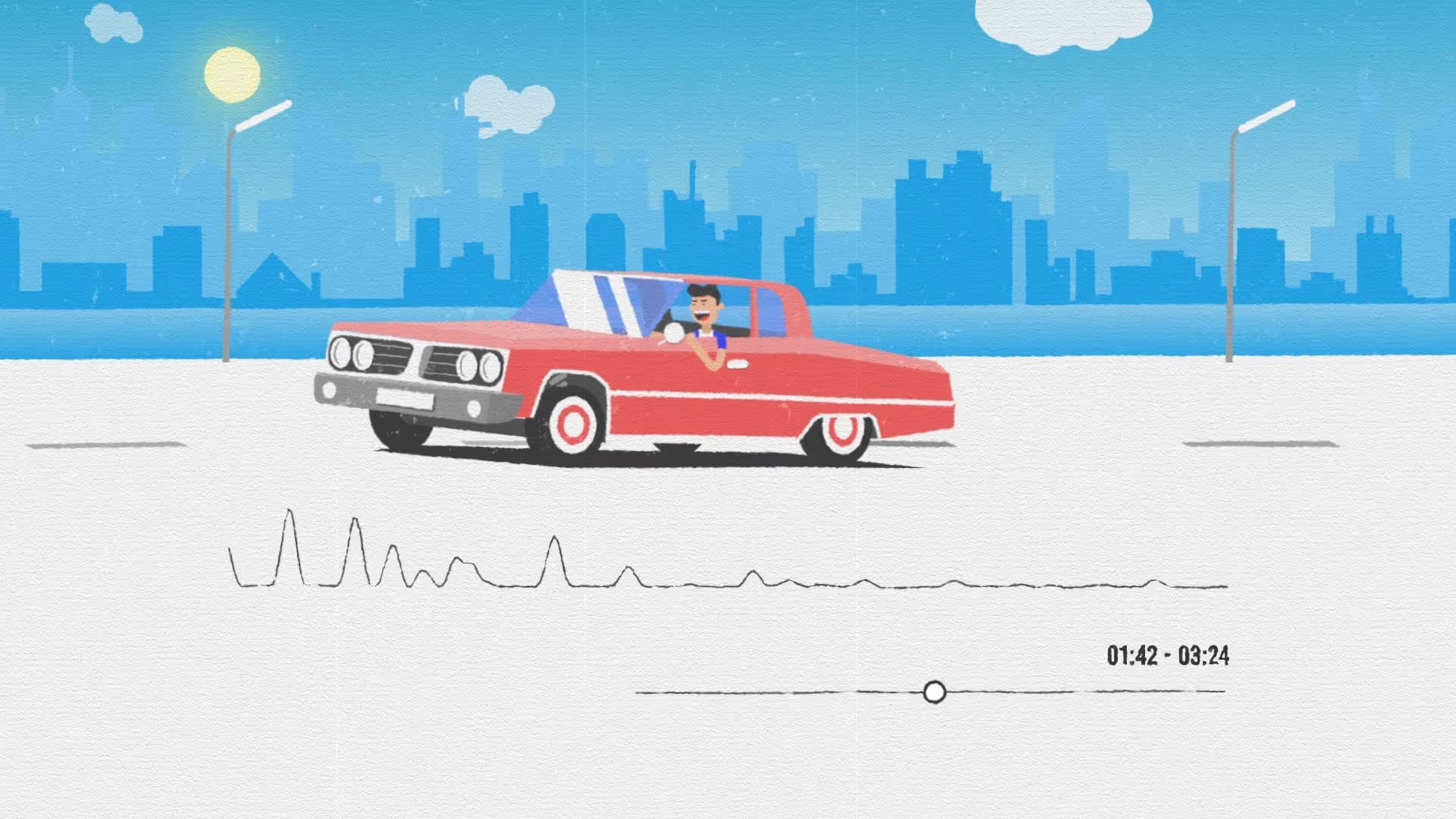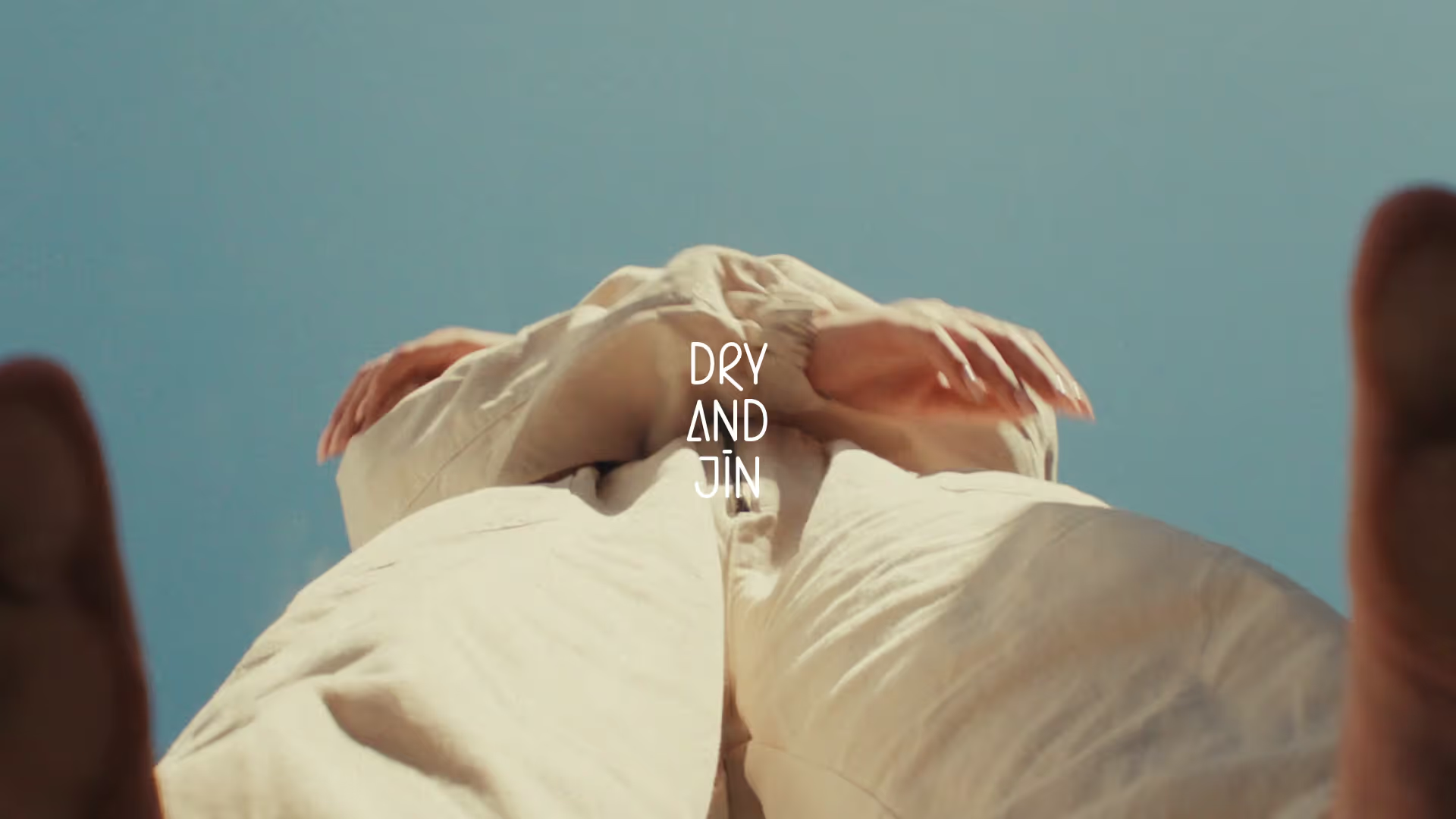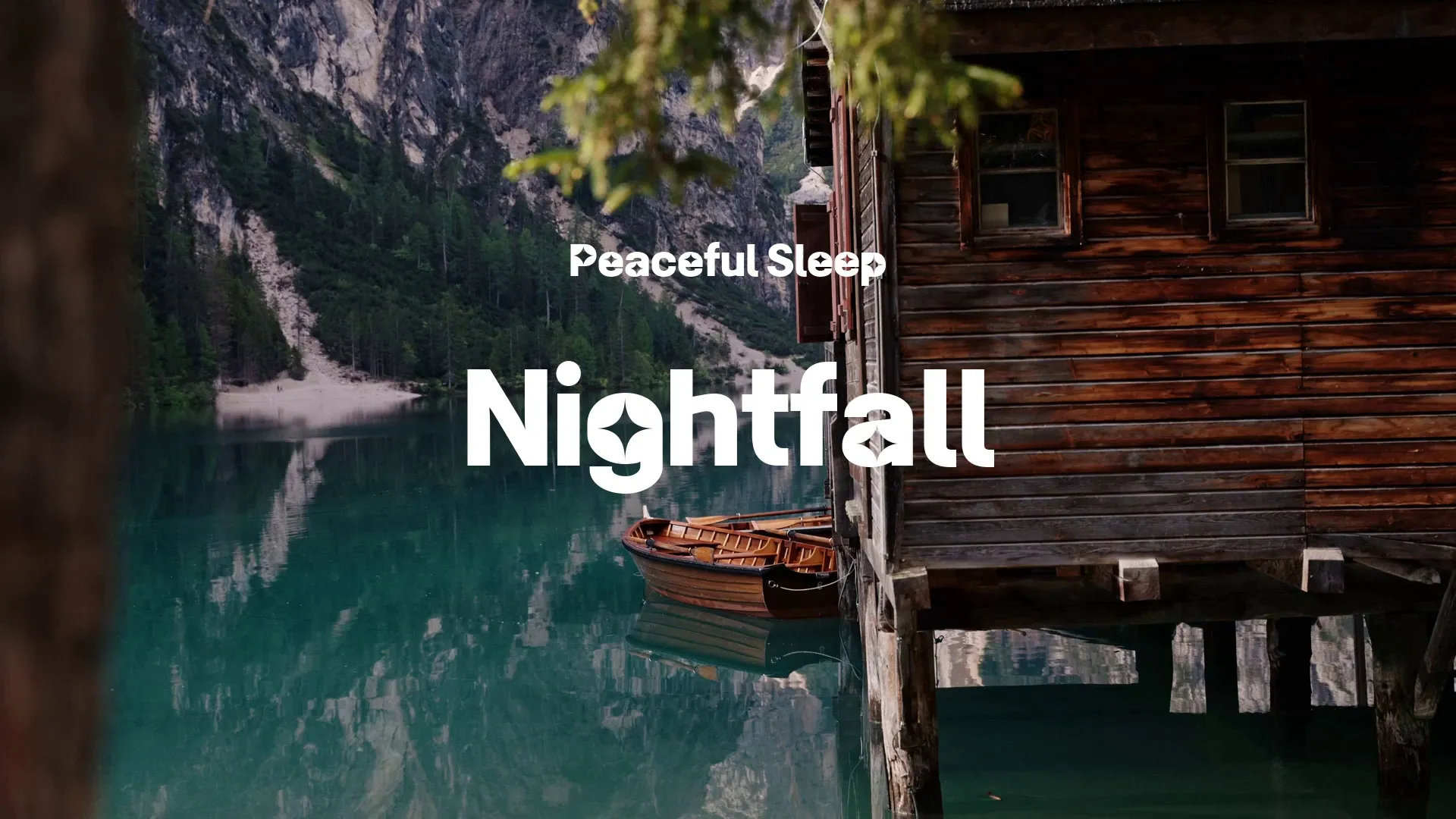Indie Game Contracts & Copyright: Legal Planning & Workflow Optimization
Indie Game Contracts & Copyright: Legal Planning & Workflow Optimization
Indie game development thrives on creativity and passion, but neglecting legal groundwork can lead to significant financial and operational setbacks. Robust legal planning, especially concerning contracts and copyright, is not optional; it is a critical component of sustainable success.
Understanding Copyright for Video Games
Copyright automatically protects original creative works, including your game’s code, art, music, and narrative. Simply creating something doesn’t guarantee full protection or ease of enforcement if disputes arise.
Registering your copyright, especially in key territories, strengthens your legal standing and makes it easier to pursue infringers. This proactive step is crucial for protecting your intellectual property from unauthorized use or replication.
Essential Contracts for Indie Game Developers
Contracts define relationships and responsibilities, preventing misunderstandings and disputes. Standardized ‘indie game contract templates’ can streamline this process, but always tailor them to your specific needs.
Developer Agreements and Team Contracts
When working with collaborators, clear developer agreements are vital. These contracts should outline ownership of intellectual property, revenue sharing, responsibilities, and dispute resolution mechanisms.
Ensure these agreements specify who owns the assets created, particularly if team members contribute code, art, or music. Ambiguity here is a common ‘game development legal pitfall’ that can cripple a project.
Freelancer and Contractor Agreements
For external artists, programmers, or sound designers, comprehensive contractor agreements are essential. These contracts must clearly define the scope of work, deadlines, payment terms, and, crucially, the transfer of intellectual property rights.
Always ensure that all work created by contractors is ‘work for hire’ or that ownership is explicitly assigned to your company. This prevents future claims of ownership over your game’s assets.
Publishing and Distribution Contracts
When securing a publisher or distributing through platforms, meticulously review publishing and distribution contracts. Understand terms related to revenue splits, marketing commitments, exclusivity clauses, and intellectual property licenses.
Do not sign anything without fully comprehending its implications for your game’s future and your financial returns. Consulting with a legal professional for ‘game dev legal advice’ on these complex agreements is highly recommended.
Workflow Optimization for Legal Compliance
Integrating legal considerations into your development workflow from the outset saves time and mitigates risks. This is where ‘indie game dev workflow optimization’ intersects with legal planning.
Documenting Asset Creation and Ownership
Maintain detailed records of all assets, including their origin and who created them. This documentation is invaluable if questions of ownership or licensing arise.
For every asset, note whether it was created in-house, by a contractor, or sourced from a library. If sourced, keep records of the license terms.
Create a free account, or log in.
Gain access to free articles, game development tools, and game assets.

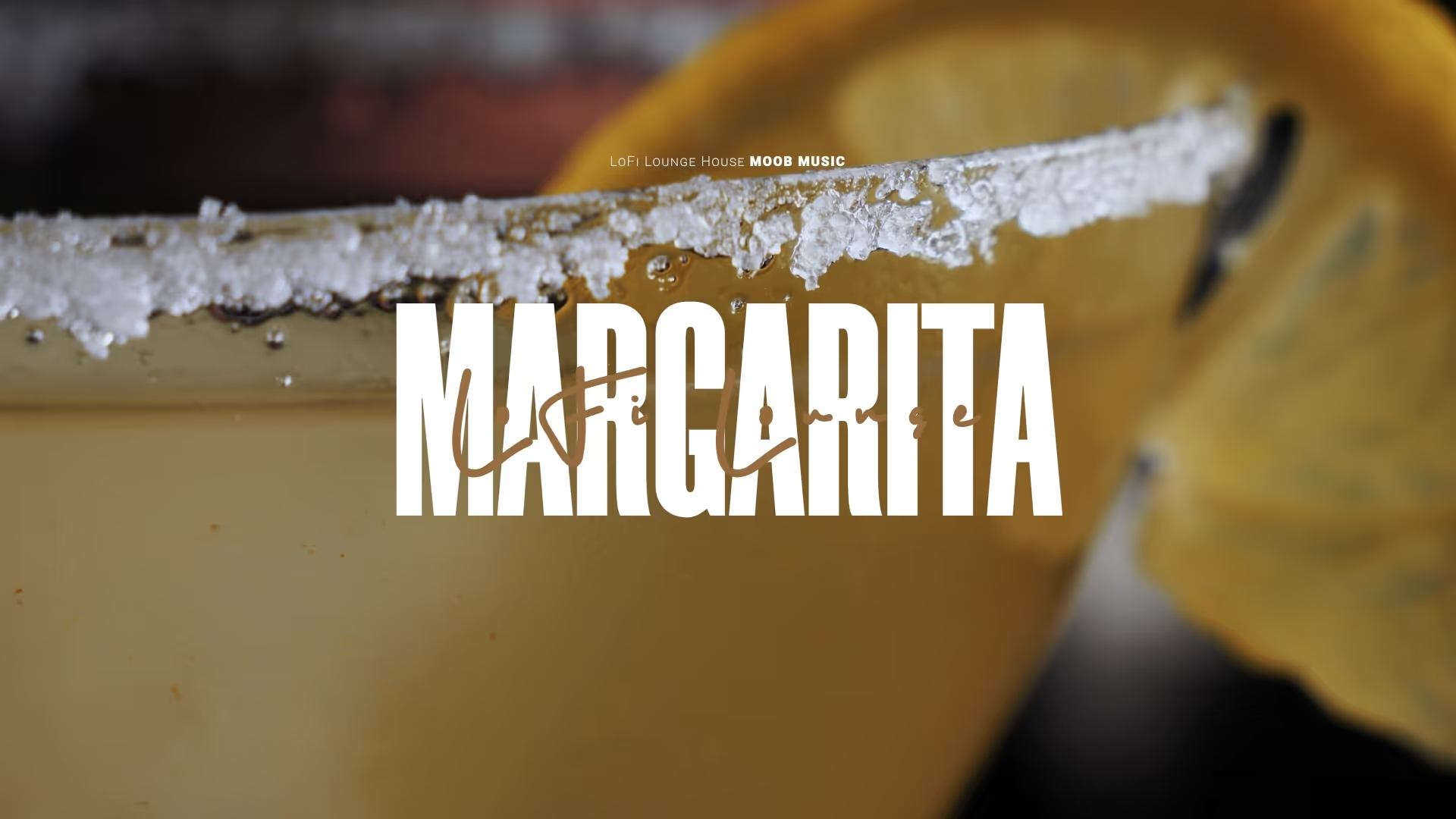




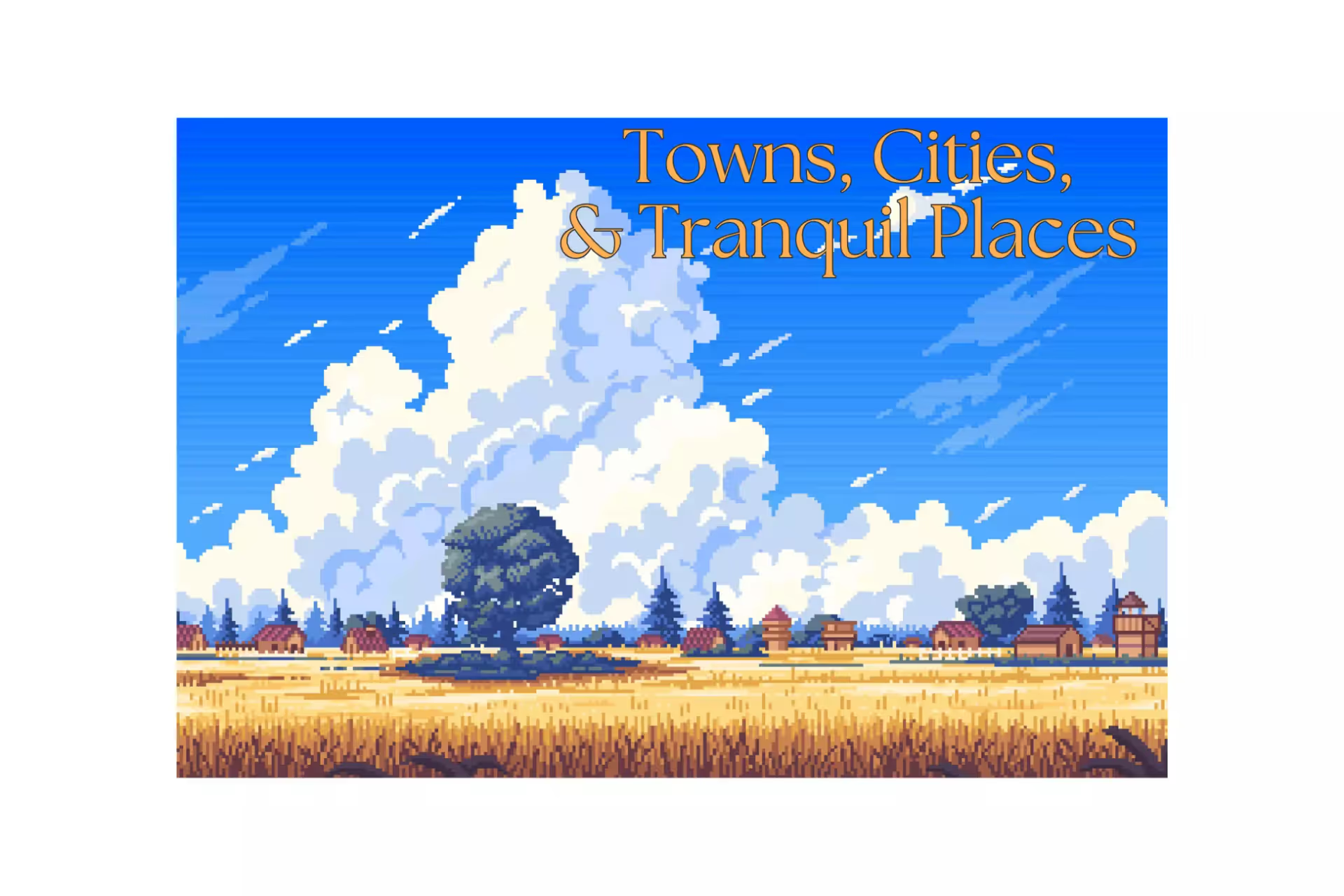

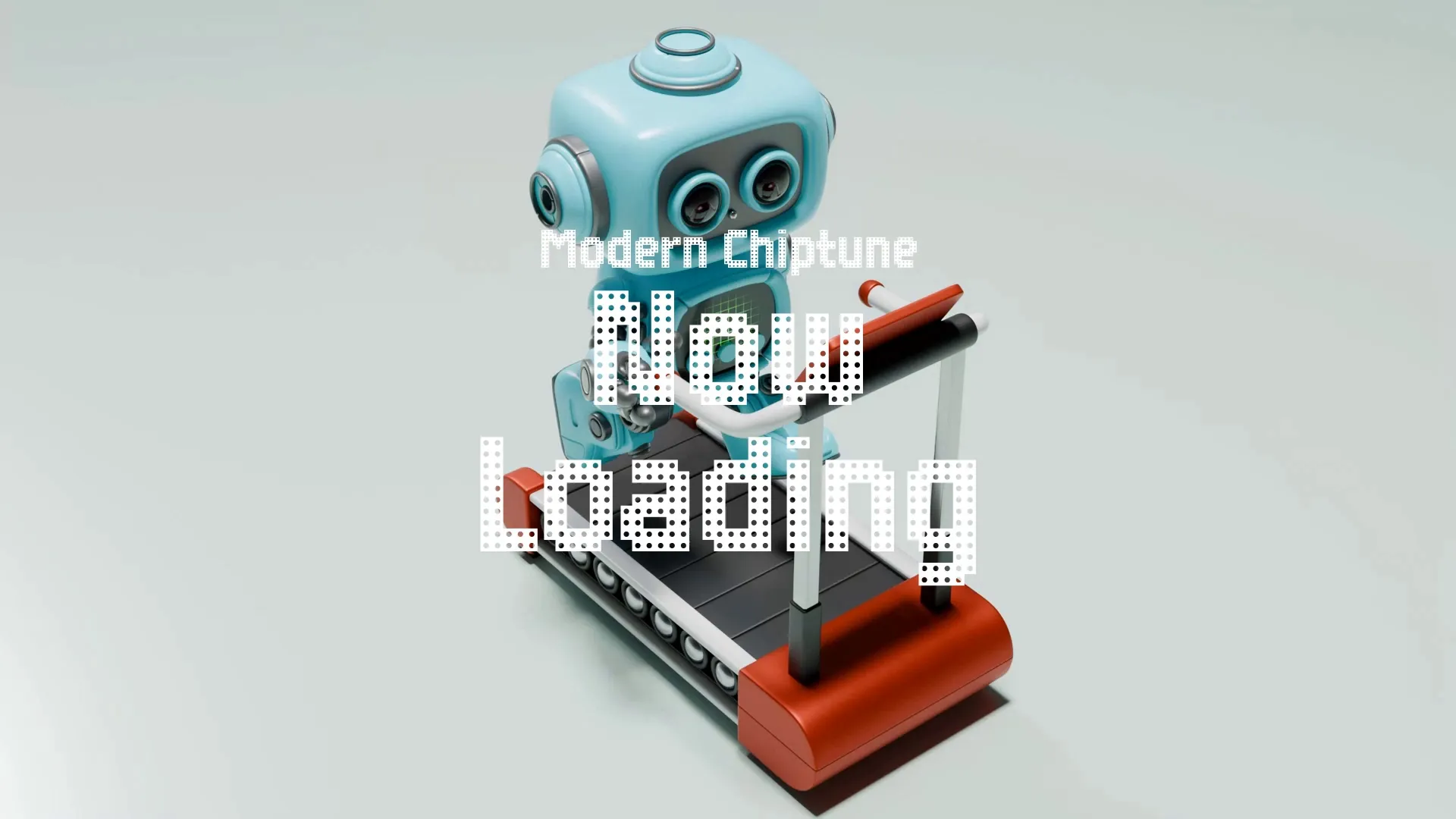
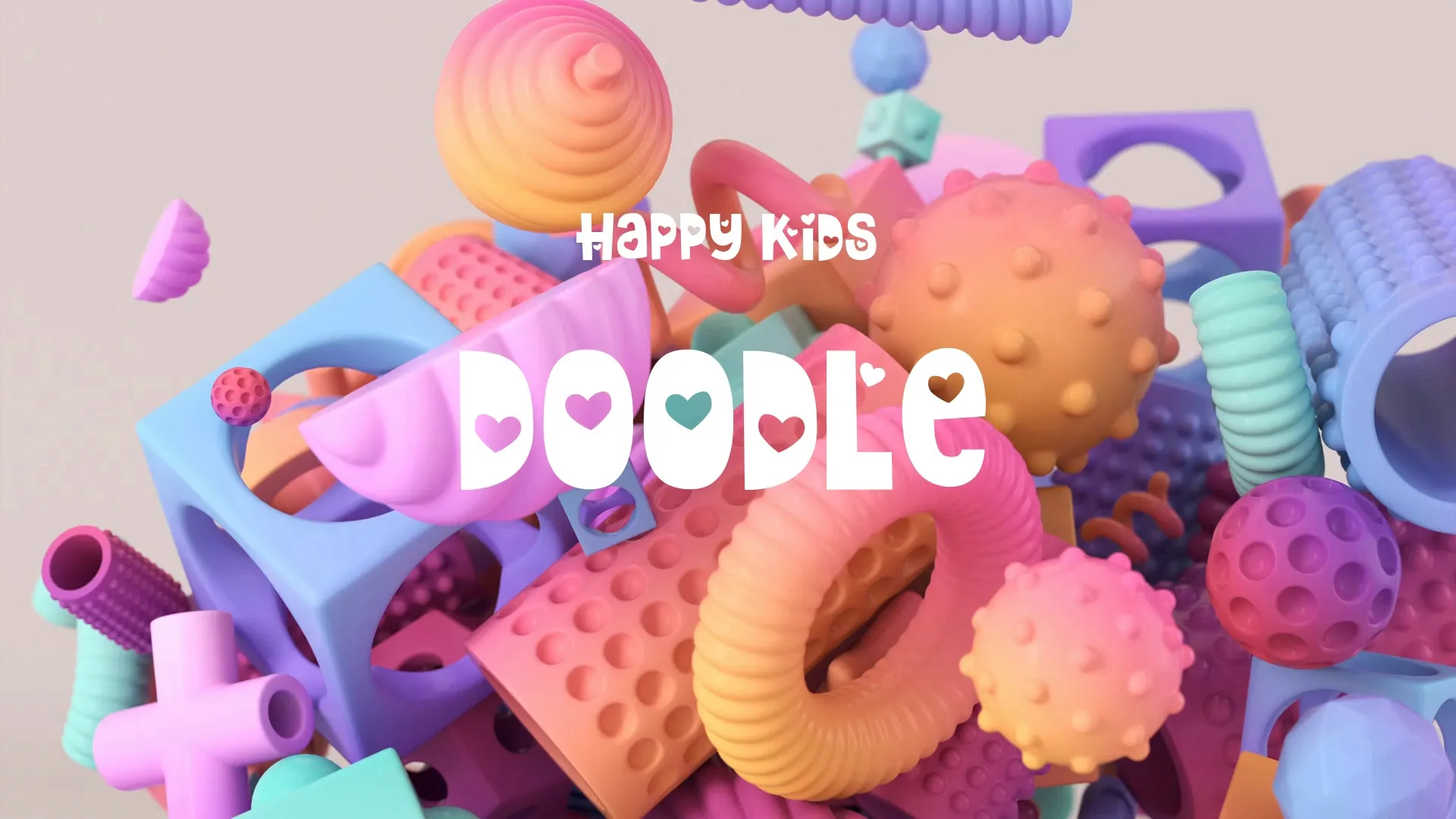

.webp)

.webp)
